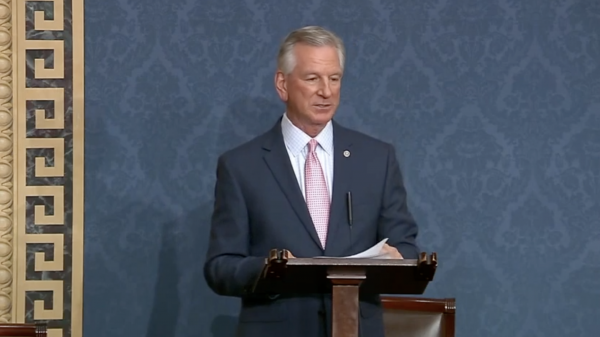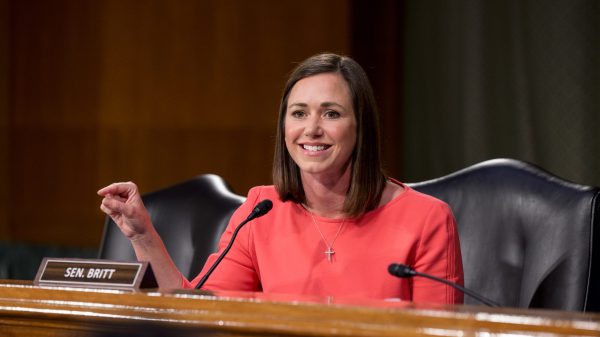An Alabama House bill filed on April 20 would prohibit the discussion of gender identity or sexual orientation in public K-12 schools and require schools to notify parents if their child identifies as LGBTQ.
Last year several anti-LGBTQ bills passed and were signed into law in Alabama. One, HB334, included an amendment that prevented the teaching or discussion of gender or sexual orientations in kindergarten through fifth grade.
This year’s bill, HB354, sponsored by Mac Butler, will extend that prohibition to the eighth grade, while adding more provisions for parents to be notified of their children’s sexual orientation in school.
The new bill would require local boards of education to adopt policies to notify parents if there is a change in their child’s physical, mental, or emotional status. Also, the parent would have to be notified of any medical services or well-being questionnaires beforehand and could opt their child out of those services.
According to the Trevor Youth Project in 2022, more than 45 percent of LGBTQ youth attempted suicide over the course of one year. The organization also provides data that shows that youth report lower rates of suicide at schools that are LGBTQ-friendly.
Children often hide their sexual orientation or gender identification from their parents due to fear of consequences or violence, as many LGBTQ youth face higher rates of homelessness than their cisgender counterparts.
The bill was not scheduled to be discussed in a committee during this legislative week.
























































